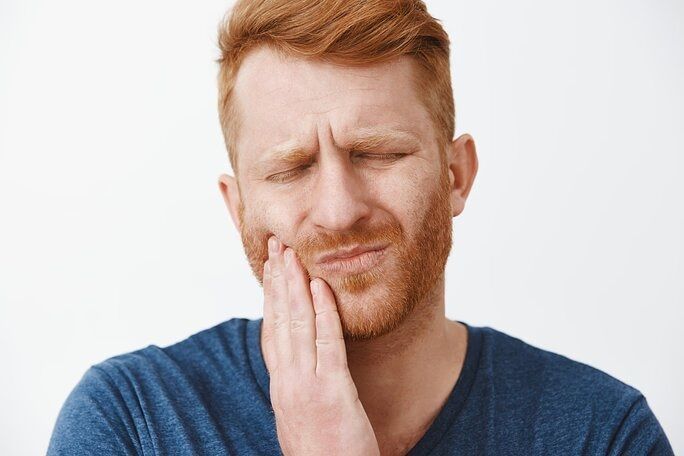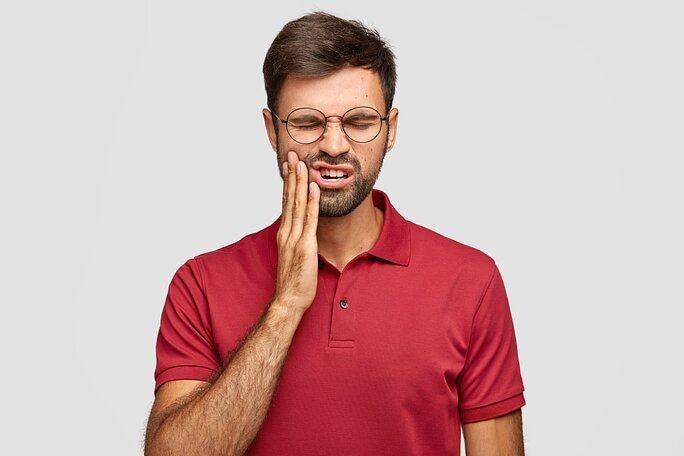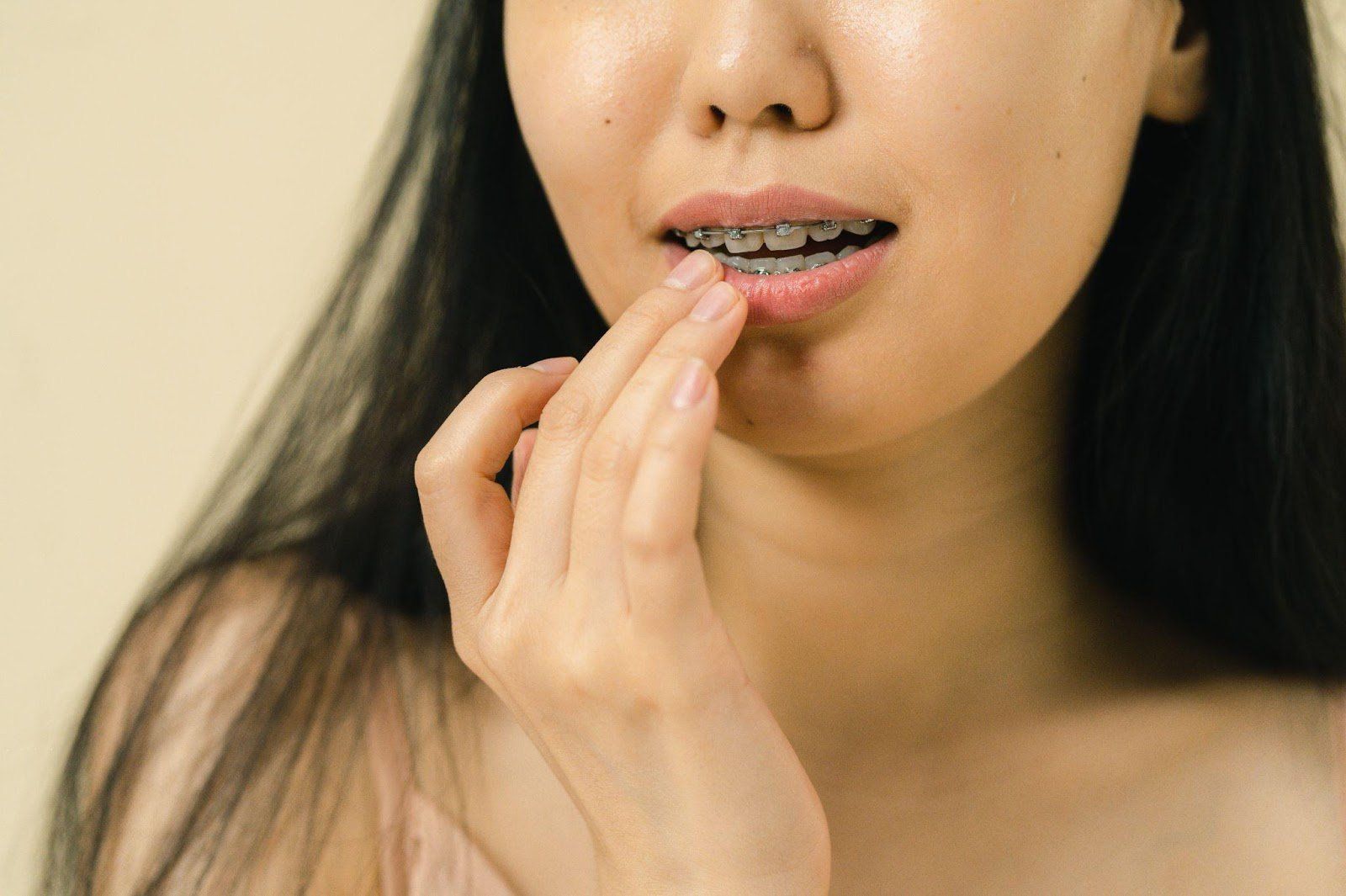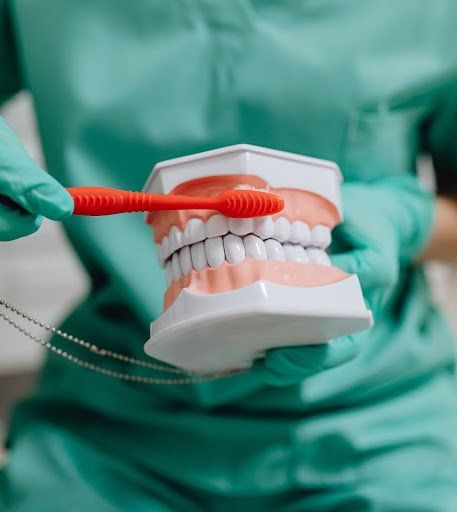How to Look After Oral Health During the COVID-19 Pandemic?
- by Milena Marguenski
- •
- 17 Aug, 2021
- •
It is quite evident that the COVID-19 pandemic has wreaked havoc on our physical health. From the respiratory system to your immunity, the virus can affect different parts of our body in ways we are not aware of.
But do you know it also has adverse effects on our dental health?
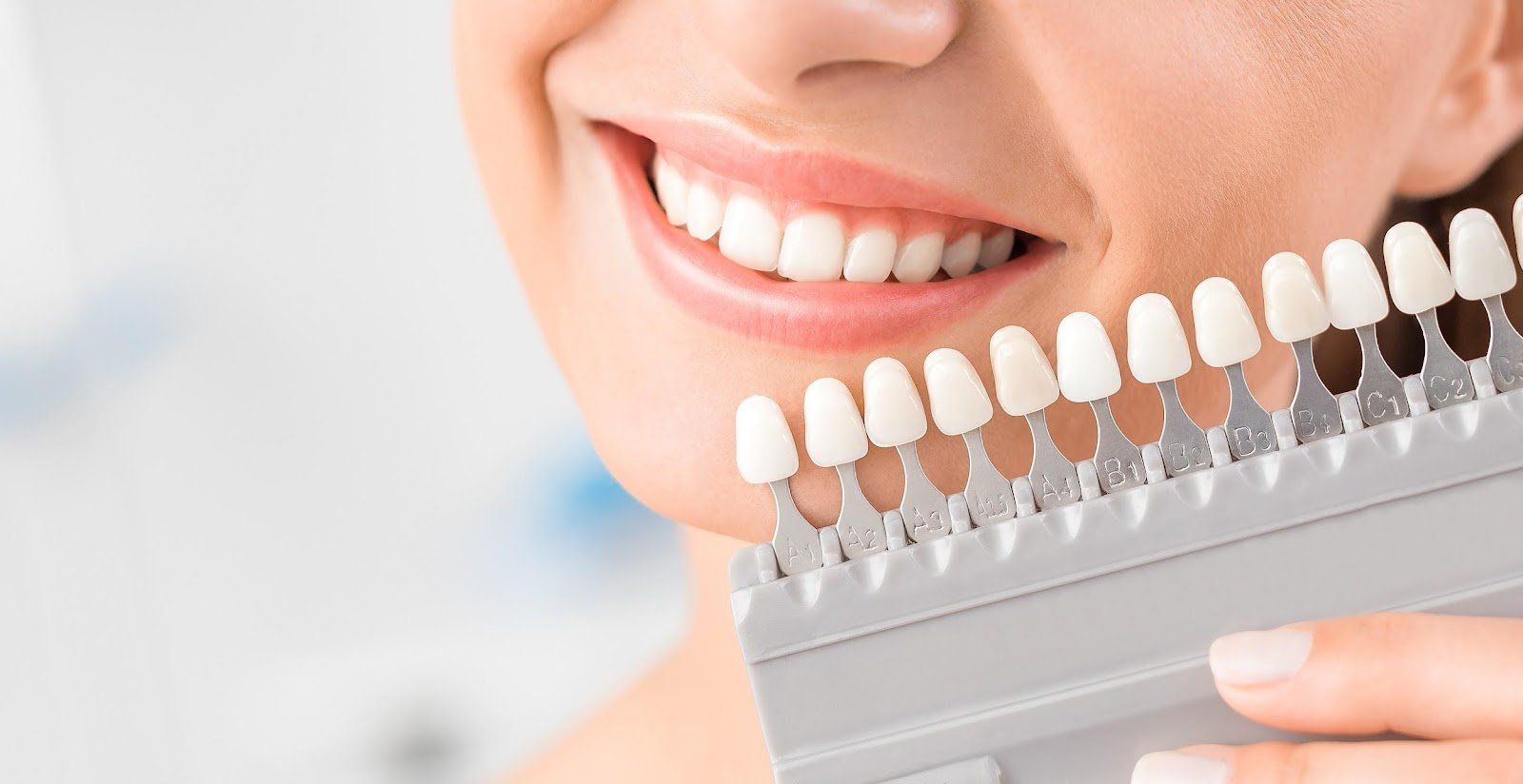
Many patients are reporting problems of weak gums, dry mouth, enamel loss, and cracked teeth during the coronavirus pandemic.
It thus makes good oral hygiene all the more important it ever was.
Some of the oral hygiene tips everyone should follow during the pandemic are:
1. Clean your toothbrush daily
Do you know coronavirus can stay on plastic surfaces for up to 3 days? This also includes our toothbrushes.
Plastic, bristles, and other parts of a toothbrush can serve as a breeding ground for the virus.
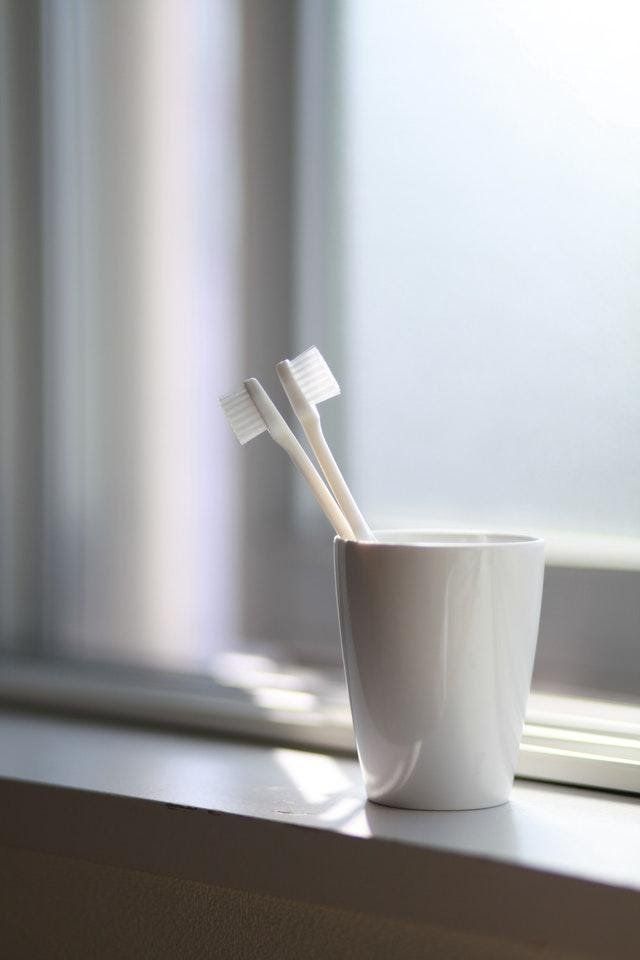
It’s recommended to daily clean and disinfect your toothbrush with 0.5% of hydrogen peroxide for up to 15 minutes. This solution is effective and can kill the virus in a few minutes.
If you do not have hydrogen peroxide, wash your toothbrush under hot water for a few minutes.
2.Brush properly
Brushing is far more than just rubbing a toothbrush on your teeth. Some of the tips to follow are:
- Brush your teeth twice a day for at least 2 minutes
- Use fluoridated toothpaste
- Don’t brush your teeth harder
- Brush the gum line
- Use disposable toothbrushes
- When the bristles become frayed throw it out
- Replace your toothbrush after every 3 months
3. Diet matters
What you eat impacts your oral health. Some of the food items to avoid or consume in moderation are:
- Sugary and sticky items
- Chips and cookies
- Cold beverages
- Junk food
- Starch food

Some food items to incorporate in your diet are:
- Fiber-rich fruits and vegetables
- Cheese, milk, and other dairy products
- Foods with fluoride
- Green or black tea
4. Drink plenty of water
- Drinking an adequate quantity of water is the healthiest habit.
- Some of the oral benefits of water are:
- Strengthens teeth
- Keeps your mouth clean
- Keeps dry-mouth at bay
- Prevents tooth decay
- Fights against bad breath
- Washes away food particles and prevents cavities
5. Avoid smoking
We are aware that COVID-19 is a respiratory illness and its severity is higher among chain smokers.
Smoking weakens the immunity and lungs’ functionality, making it harder for the body to fight against respiratory problems due to the coronavirus.
Smoking also has a negative impact on your oral health. It increases the risk of gum diseases, tooth loss, bad breath, and oral cancer.
The best way to keep up with your physical and oral health is by quitting smoking.
In the end…
A healthy mouth contributes towards overall health.
While we do not know for how long the pandemic will last, it’s crucial to practice good dental habits to keep your teeth healthy.
Above all, regularly visit the general dentist office in Brooklyn to stay on top of your oral health. Book an appointment at 718-573-3333.

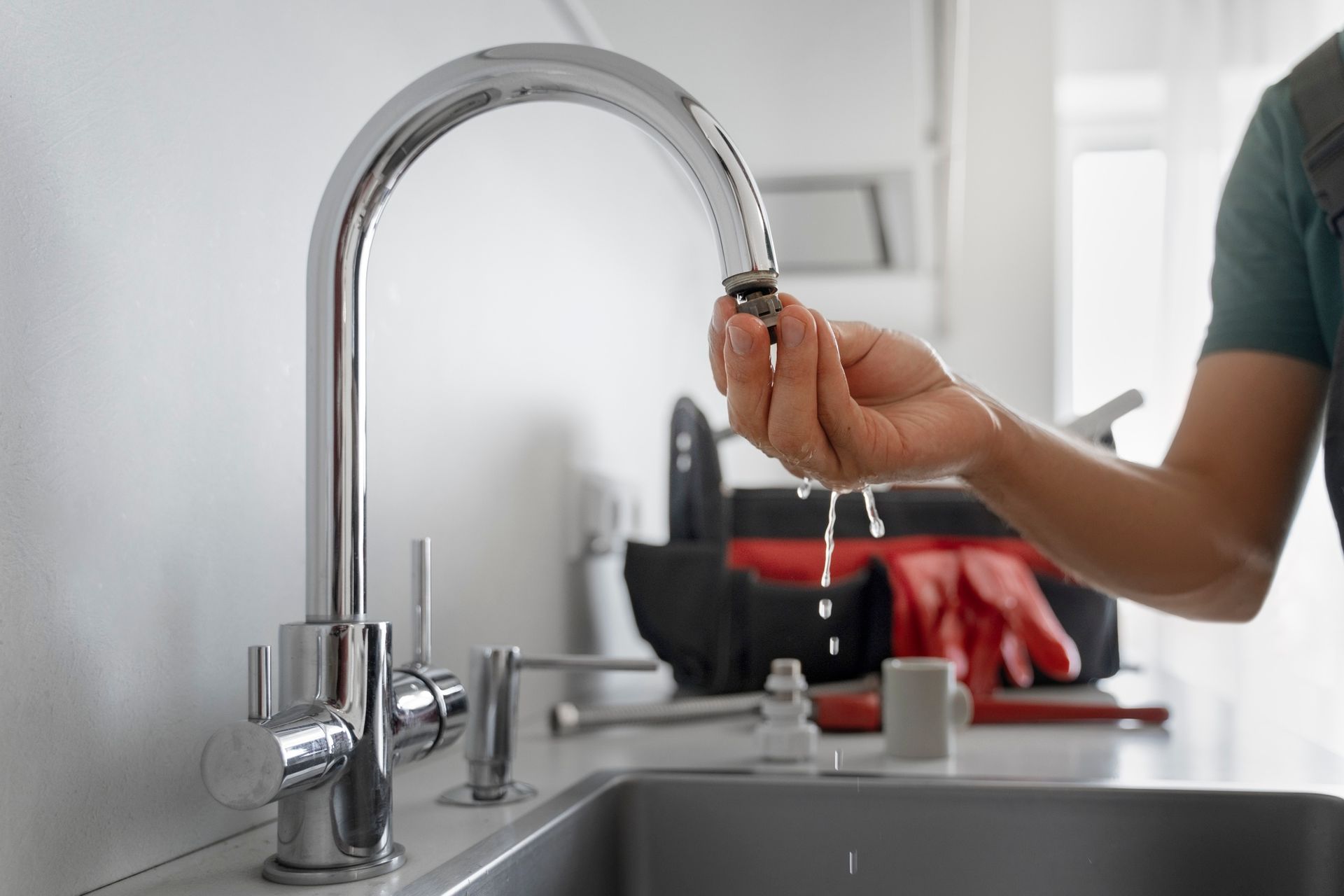
Brooklyn residents often wonder whether their tap water is helping or harming their dental health. One key factor in this debate is
fluoride
, a naturally occurring mineral added to public water supplies to prevent cavities. But does Brooklyn tap water really protect your teeth from decay? In this blog,
we’ll
uncover the truth about fluoride levels in NYC’s water and whether it plays a significant role in cavity prevention.
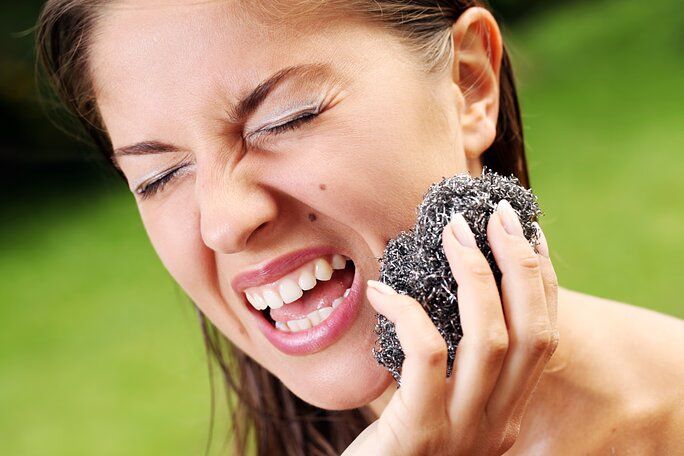
Sudden gum swelling is a dental condition that requires immediate attention, even if there is no pain. Gum health is often overlooked, but it is essential for overall oral well- being. Swollen gums may seem harmless at first, but they often indicate underlying issues that can worsen if left untreated.
Many people think of dental emergencies as situations with severe pain, but it's important to understand that discomfort isn't always a reliable sign of serious problems. Just because there is no pain doesn't mean there is no risk. Sudden gum swelling should be treated as an emergency , emphasizing the need for prompt professional evaluation.
Ignoring swollen gums can lead to more severe complications, affecting both oral health and general wellness. By understanding the seriousness of this condition and
seeking timely intervention, you can prevent further damage and ensure that your gums—and teeth—stay healthy and strong.
A skilled dental team can properly assess and treat any swelling. Prioritize your gum health by taking action when you notice unusual changes, protecting your smile for the future.
It's important to remember that maintaining good oral hygiene, including flossing your teeth regularly , can help prevent conditions like gum swelling. Additionally, if you're interested in improving your smile beyond just addressing gum issues, there are various options available in cosmetic dentistry that you should know about. Finally, if you're looking for ways to achieve a brighter smile, there are effective methods on how to get whiter and brighter teeth at home that you might find helpful.
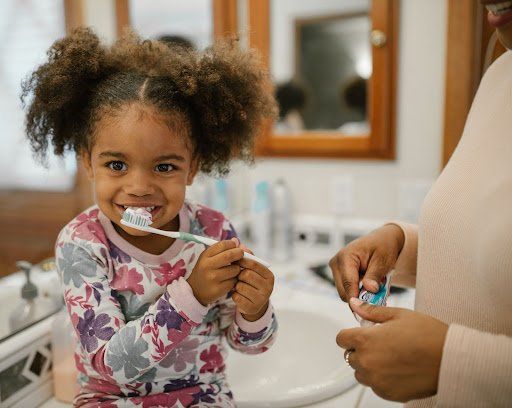
If you thought that oral health problems are only for adults, then think again. The first teeth start appearing by 4 to 5 months of age. Then by the age of 3, kids have a full set of teeth. This is the time when parents have to be extremely careful about oral hygiene.
By the age of 6-7, the primary teeth start to fall out to make space for the permanent teeth. These permanent teeth are the ones that will stay with them for the rest of their lives. However, there are certain oral problems such as tooth decay, lip sucking, and early teeth loss.
Let’s take a look at these common oral health problems.

With the procedures’ popularity, several pharmaceutical companies launched their over-the-counter teeth whitening kits. This made the procedure more accessible and cheaper as compared to a professional session.
But which one is better? Let’s understand both the procedures first.
